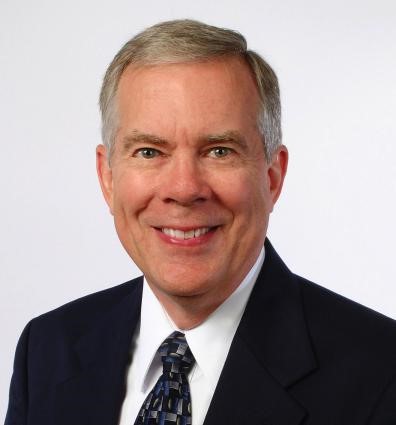Think Like an Expert——美國(guó)工程院院士David C. Wisler
主 辦:北京科技大學(xué)教師(教學(xué))發(fā)展中心、能源與環(huán)境工程學(xué)院能環(huán)名師講堂
主講人:美國(guó)工程院院士David C. Wisler
時(shí) 間:2017年11月20日(周一)14:30
地 點(diǎn):學(xué)術(shù)報(bào)告廳
內(nèi)容簡(jiǎn)介:
作為一名莘莘學(xué)子或教育工作者,你是否期待將來能夠成為一名行業(yè)專家?但是在成為一名行業(yè)專家之前,更重要的是要學(xué)會(huì)“Think Like an Expert”,為了讓大家對(duì)于“Think Like an Expert”有更深入的理解與認(rèn)識(shí),能源與環(huán)境工程學(xué)院特邀請(qǐng)了美國(guó)工程院院士David C. Wisler分享“Learn to Think Like an Expert”的經(jīng)驗(yàn)與看法。講座具體信息如下:
Notice that the title reads “l(fā)earn to think like an expert”, not “be an expert”, although the latter is sound advice also.
“I concentrate on learning to think like an expert because this skill precedes being an expert and will reap vast rewards in the future. You won’t be an expert upon graduation, but you can learn to think like one.”
Understanding expertise and how experts differ from novices in storing, retrieving and using information provides insight into the nature of thinking and problem solving and shows what successful learning looks like. This is more than having a lot of knowledge about a subject.
Experts have a well-organized structure for storing and recalling knowledge that affects what they notice, how they organize new knowledge and how they represent and interpret information. This in turn affects their ability to remember, reason and solve problems.
Unfortunately, engineering students are rarely taught the skills needed to reason and think critically like an expert would think. Too often they are taught to memorize formulas and procedures, apply the best computer program and ‘plug and chug’ for solutions.
Having participated in many design projects, design boards, and project analysis meetings, Dr. Wisler have seen ‘thinking like an expert’ put into action even by engineers evaluating problems that are not in their field of expertise.
This seminar provides insights needed for teachers and students to develop the skill of thinking like an expert.
本次講座面向全校教師及學(xué)生,歡迎廣大師生前來參加。
主講人簡(jiǎn)介:
Dr. Wisler’s distinguished career at GE Aviation spanned 38-years, during which he conducted and managed advanced technology programs. He is recognized as an international expert in turbomachinery aerodynamics technology. His work to improve airfoil shapes and understand the complex flow fields in the rotating components of gas turbine engines has been instrumental in reducing loses (reducing fuel burn) and improving performance.
After retiring from GE, he joined the MIT CDIO Initiative to revitalize engineering education worldwide. Dr. Wisler is currently a Subject Matter Expert for the Office of Naval Research. He is:
A member of the US National Academy of Engineering
Elected to the GE Aviation Hall of Fame
A past Sr. vice-president and fellow of the American Society of Mechanical Engineers (ASME), Editor of ASME Journal of Engineering for Gas Turbines and Power
An Associate Fellow of the American Institute of Aeronautics and Astronautics
The only three-time winner of ASME’s Melville Medal(best paper in all 17 ASME technical divisions), winner of two IGTI Gas Turbine Awards for best paper of the year, and ASME’s Aircraft Engine Technology Award and R. Tom Sawyer Award
|
|
David C. Wisler, PhD Member of the US National Academy of Engineering Senior Scientist of GE Aviation, retired Elected to GE Aviation Propulsion Hall of Fame Vice-President of the American Society of Mechanical Engineers(ASME) Associate Fellow of the AIAA Editor-in-Chief and Editor for J. Eng. Gas. Turb. Guest Professor, Tsinghua University |
能源與環(huán)境工程學(xué)院
教師(教學(xué))發(fā)展中心
2017年11月17日


